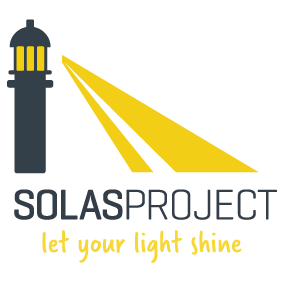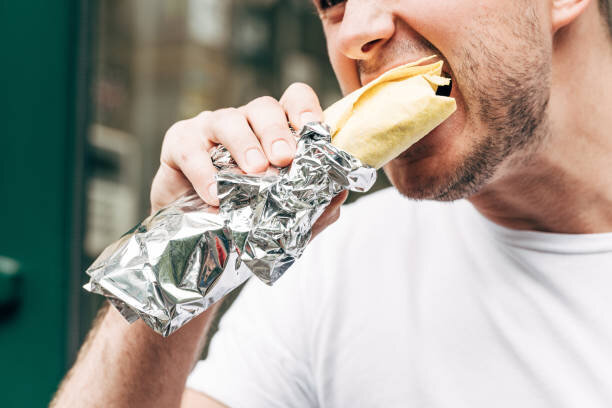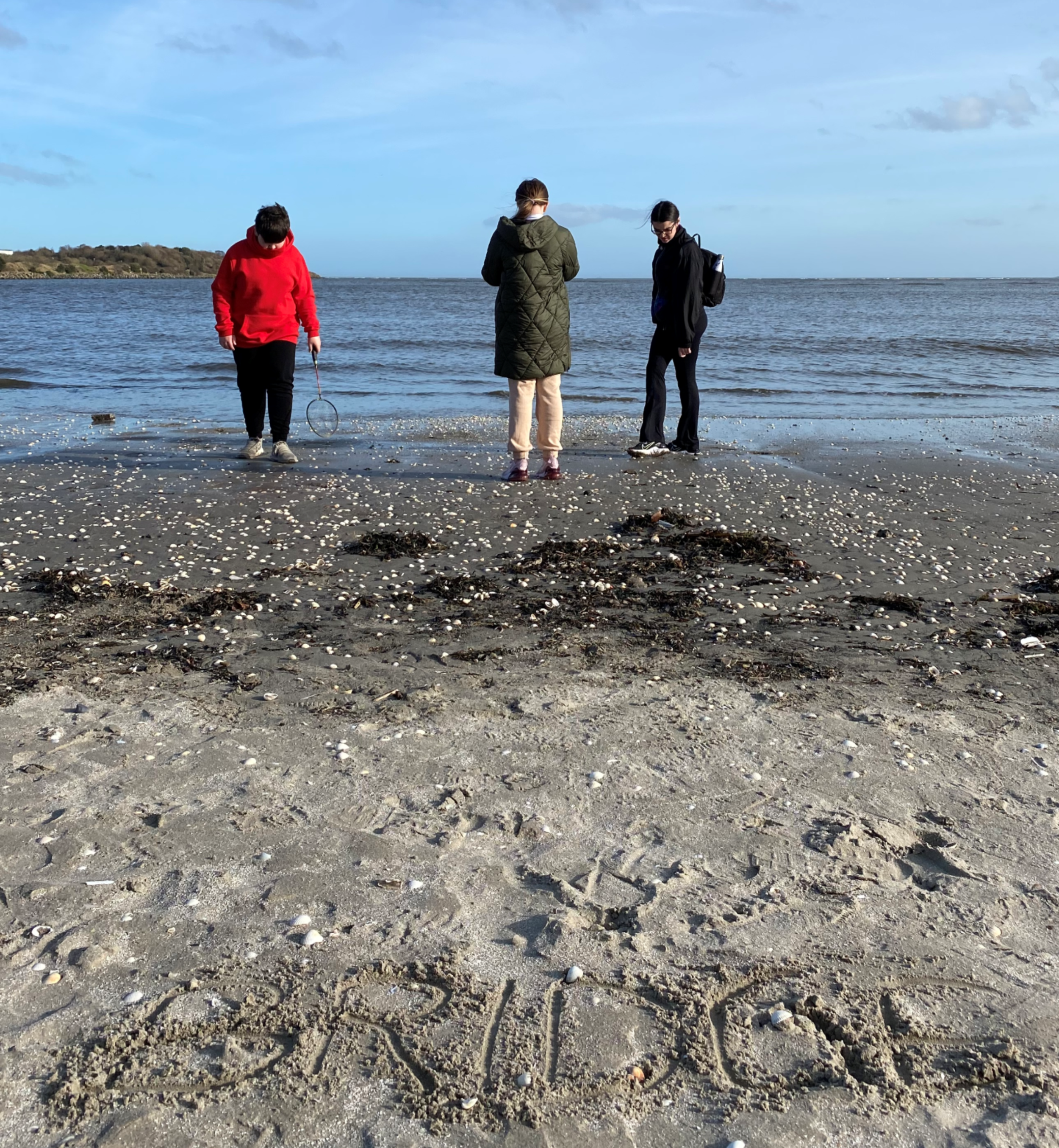Solas@School becomes Solas@Home
/Solas College starts the conversation with children about their potential to reach college. It’s part of our Solas@school initiative which this year has become Solas@Home as we haven’t been able to go into classrooms. Still, we were eager to check in virtually, with the intention of meeting the students again in person next year in their first year of secondary.
To help the 6th class kids start thinking about their own education and futures, our European Solidarity Corps volunteers shared their own educatonal journeys to date on a Zoom video. We want the young people now half way through their school education to know that there are so many different opportunities and options ahead.
Here’s what Marta, Ines and Cecile our ESC volunteers shared…highs, lows, hard choices and doubts…read on to find out how they ended up here in Ireland with Solas Project!
Marta. Age 27. Spain
The compulsory education age in Spain goes from 6 to 16. After that, you have the option to continue in school or to pursue a professional apprenticeship. Me, I chose a Humanities High School but later you must do a university entrance exam if you want to go to college. You need to get the highest mark you can if you want to have more options to choose a degree. I had enough to choose my favourite one: teaching for primary education.
During the four years of the degree, I studied one semester in Norway with an Erasmus+ program. That was my first experience living abroad, and it was hard but also rewarding, so I decided I would do it again in a future.
When I finished college, I got lost. What can I do now? I tried to work but everyone asked for experience. I was just graduated, what experience could I have? So I continued studying several courses related with education and improving my languages skills. I found some badly paid jobs with fixed-term contracts so I made the decision to study a master’s degree in educational orientation while I was working.
Once I finished university, I continued looking for a job and finally I found one as a part-time teacher in a private academy. It wasn’t my ideal job but at least I was working in the right field. While I was there, I couldn’t stop thinking about my experience abroad so I signed up in European Solidarity Corps portal and I found and applied for the position in Solas Project. I got it and left my job to be able to focus on this new experience.
When I had almost everything ready, Covid-19 arrived. My life, as others, stopped. What is going to happen? Should I postpone the volunteering? Should I stay in Spain? Doing what?
I decided to risk, at least, to travel and do something that would make me happy.
And here I am.
What will happen after that? I don’t know, but I know that I’m going to have this experience with me and it can help me in a future to achieve my dream job.
Ines Gitzoller. Age 27. Italy.
My educational journey started in primary school at age 6. Then to secondary school.
After my first year in university studying Philosophy which I thought I’d love, I realised I wasn't satisfied with my choice. Instead of pushing through with it, I decided to change my degree course. I had to repeat the first year, meaning that for the first time I was no longer in step with my peers. At first, I perceived this as a failure, because I had to go back and admit that I made the wrong choice. But, after a while, I was grateful to myself: if I hadn't made the wrong choice first, maybe I would never have found my way to the right one.
Three years in university flew by quickly, allowing me also to spend one Erasmus year in France.
One I finished my Masters in teaching, including one internship, I received a job offer from Berlin. Everything was settled: I just had graduate and start packing for a new life.
It was March 2020 when my country was the first one in Europe to be hit by the wave of Covid19. So, instead of experiencing the traditional graduation, I graduated during lockdown in my room. My job offer vanished and I found myself at home, absolutely uncertain about my future.
But in those days, I noticed an extraordinary wave of solidarity crossing my community: young people were helping the elderly, looking out for each other in hard times. After doing some research, I came across an inspiring offer by Solas Project: a one-year volunteering opportunity. The project really convinced me, so I submitted my application and luckily I was accepted: in August I left all my worries behind and flew to Dublin.
Ever since, I am living and working here. I am learning new things every day and the challenges I have faced introduced me to my strengths. I have become truly appreciative of what I have and excited about what is yet to come. This situation will not last forever and if you look hard enough you can still find opportunities around you.
Cecile. Age 19. Germany.
I started school, kindergarten at 3 years old. As a teenager during high school I worked in a retirement home on the weekends to earn some extra pocket money, which was a really rewarding experience.
I finished school last year (June 2020).
What and where did I want to study next? I had no clue where to go. That led me to the idea of taking a gap year with the intention to volunteer abroad. I knew that a voluntary year would give me the opportunity to widen my horizons by getting to know new perspectives of the world and myself. I also knew that I would really enjoy to support people that might need a little extra help.
My original plan was to volunteer for a year in Thailand but due to Covid I had to cancel my placement. Then, I luckily found a placement in Ireland from the Solas Project. They were urgently looking for a volunteer and I knew this was my chance. I couldn’t be happier.
So far, I learned that even if some doors in life are closing because of some unexpected circumstances like Covid, there are always other doors that are opening at the same time. You just have to use the given chances and try to make the best out of it.
My next goal in my life’s journey is to study something that matches my skills and passion to find a job that fulfils me with happiness and contentment. I am definitely open for every path.













![rua 10[1].jpg](https://images.squarespace-cdn.com/content/v1/5304deb1e4b0ef33e62ff92f/1614345134707-WKHZ9HSSDL0AGUDD4ZZI/rua+10%5B1%5D.jpg)




